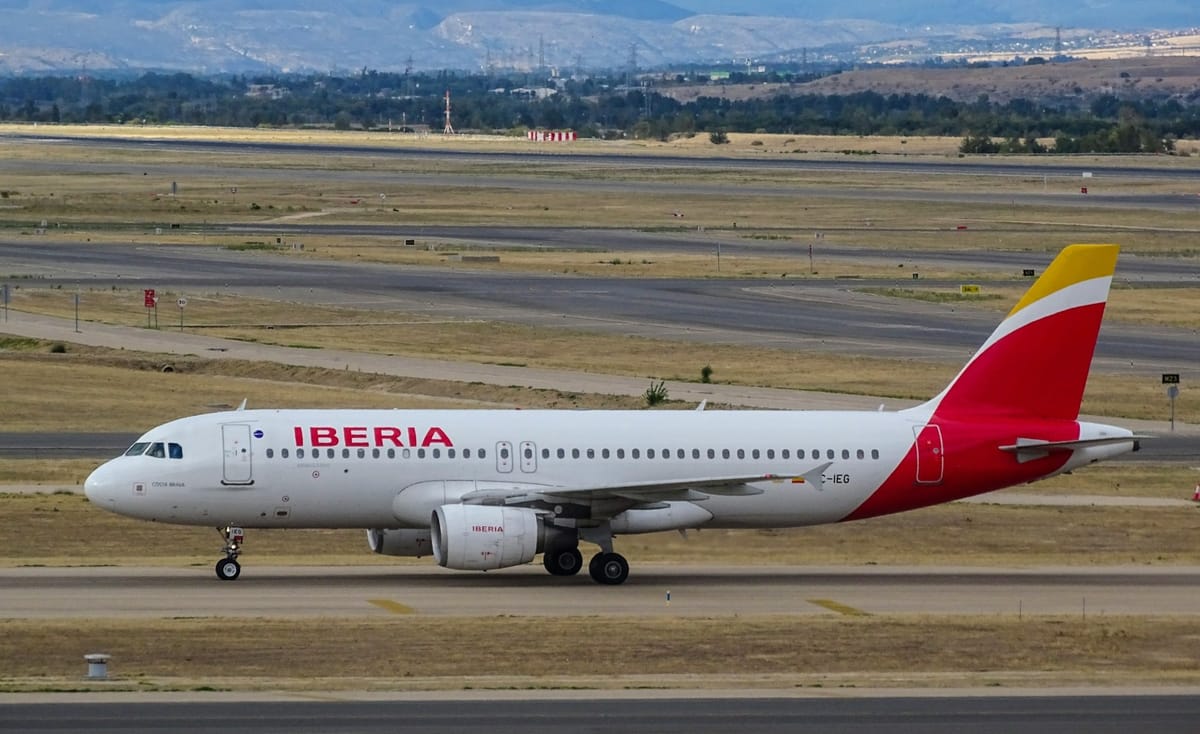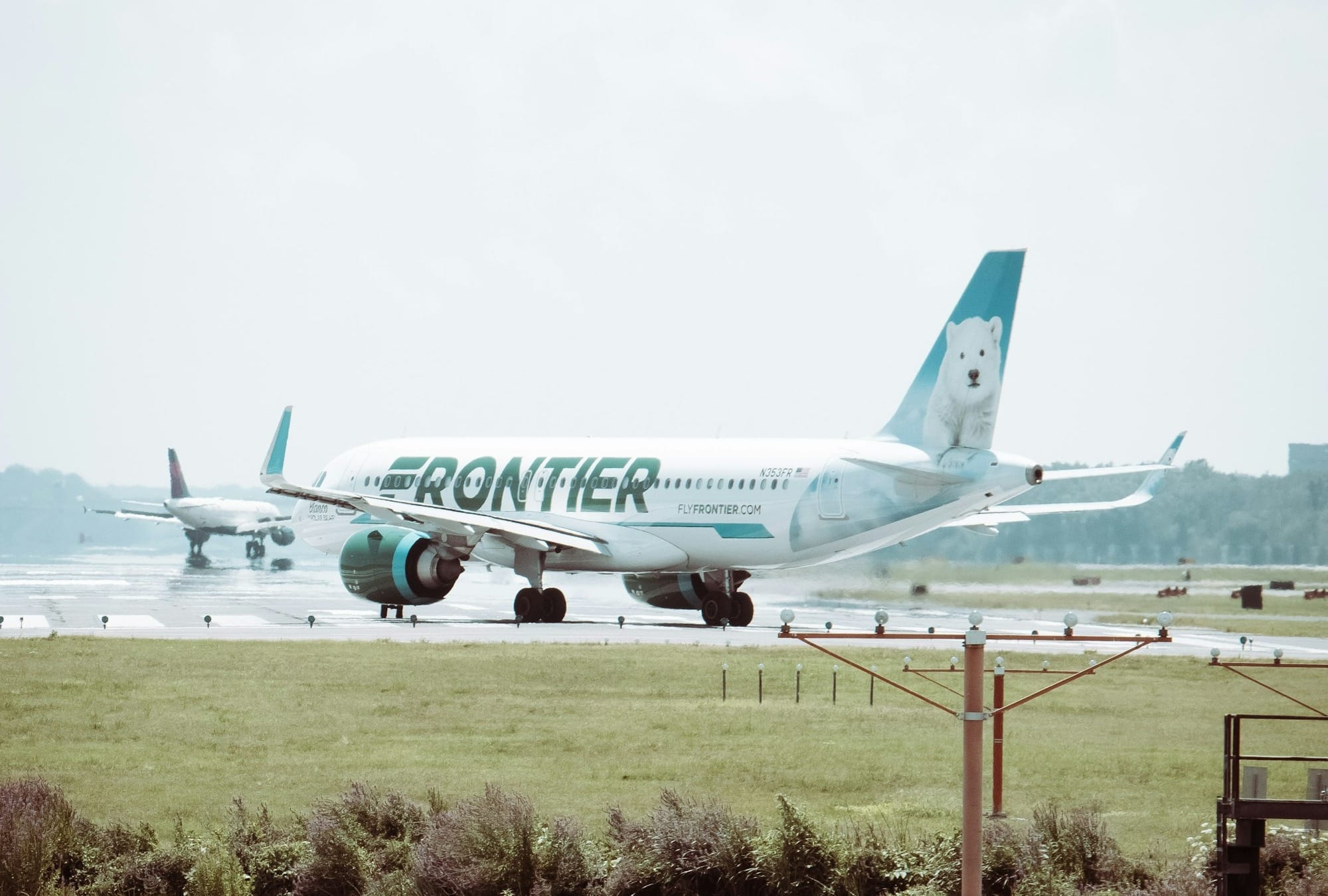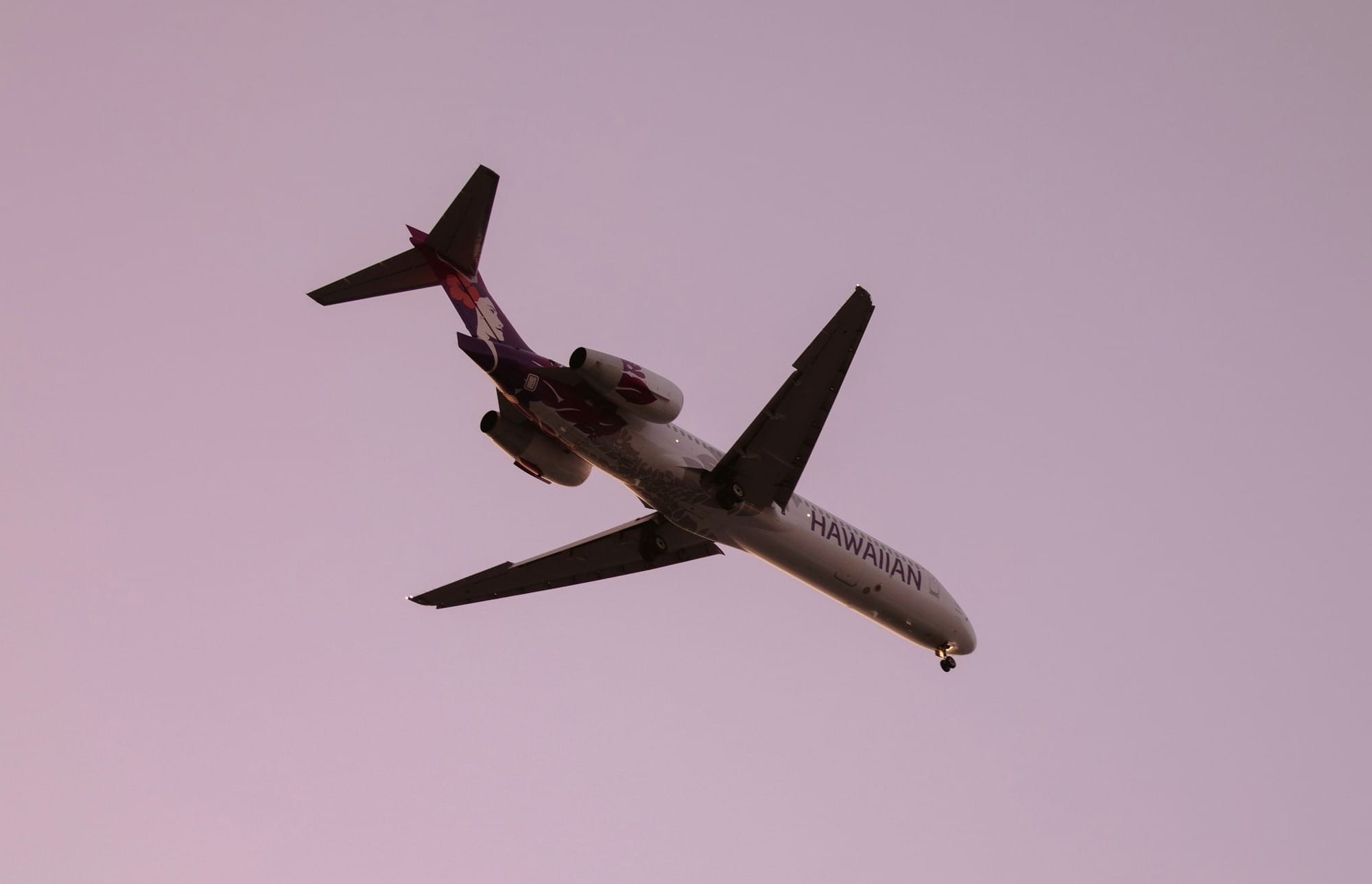Iberia Tentatively Schedules November Airbus A321XLR Launch
Iberia, Spain's flag carrier and part of the International Airlines Group (IAG), has tentatively scheduled the launch of its first Airbus A321XLR (Extra Long Range) operations for November 2024.

Iberia Tentatively Schedules November Airbus A321XLR Launch
Key Takeaways
- Iberia plans to launch its first Airbus A321XLR operations in November 2024.
- The A321XLR offers unprecedented range and efficiency for a narrow-body aircraft.
- Iberia's fleet modernization aligns with its strategy to expand its network efficiently.
- Potential routes include transatlantic and longer intra-European services.
- The A321XLR's efficiency could enhance Iberia's competitive edge.
Introduction
Iberia, Spain's flag carrier and part of the International Airlines Group (IAG), has tentatively scheduled the launch of its first Airbus A321XLR (Extra Long Range) operations for November 2024. This move marks a significant milestone for both Iberia and the aviation industry, as the A321XLR represents the next evolution in single-aisle aircraft capability.
Aircraft Overview
The Airbus A321XLR is designed to offer unprecedented range and efficiency for a narrow-body aircraft, allowing airlines to operate long-haul routes that were previously only viable with larger wide-body jets. With a range of up to 4,700 nautical miles (8,700 km), the A321XLR opens up new possibilities for point-to-point travel on thinner routes.
Fleet Modernization Strategy
Iberia's decision to introduce the A321XLR into its fleet aligns with the airline's strategy to modernize its operations and expand its network efficiently. The carrier has ordered a total of 8 A321XLRs, with deliveries expected to begin in late 2024.
Planned Routes and Operations
While Iberia has not officially announced specific routes for the A321XLR, industry analysts speculate that the aircraft could be deployed on several transatlantic routes from Madrid, as well as on longer intra-European services. Potential destinations from Madrid (MAD) might include:
- New York (JFK)
- Boston (BOS)
- Washington D.C. (IAD)
- Montreal (YUL)
- Dakar (DSS)
- Tel Aviv (TLV)
The A321XLR's range and efficiency make it particularly well-suited for these routes, allowing Iberia to offer non-stop services to destinations that may not have the demand to support larger aircraft like the Airbus A330 or A350.
Aircraft Specifications and Advantages
The Airbus A321XLR builds upon the success of the A321neo family, incorporating several key improvements:
- Increased Maximum Take-Off Weight (MTOW) of 101 tons
- Additional center fuel tank for extended range
- Strengthened landing gear to handle the higher weights
- Improved aerodynamics
These enhancements allow the A321XLR to offer:
- Up to 30% lower fuel burn per seat compared to previous-generation competitor aircraft
- Reduced environmental impact with lower CO2 and NOx emissions
- Capability to serve markets up to 4,700 nautical miles from the departure airport
Iberia's A321XLRs are expected to be configured with a two-class layout, featuring both business and economy cabins. The exact seating configuration has not been announced, but industry sources suggest it may accommodate around 180-200 passengers, depending on the specific route requirements.
Impact on Iberia's Network Strategy
The introduction of the A321XLR is set to play a crucial role in Iberia's network strategy. Luis Gallego, CEO of IAG, Iberia's parent company, stated: "The A321XLR will enable Iberia to further strengthen its position in the competitive transatlantic market. It offers the perfect balance of efficiency and capacity for many of our existing and potential new routes."
Key benefits for Iberia include:
- Ability to launch new, thinner routes that were previously uneconomical with larger aircraft
- Increased frequency on existing routes, offering more choice to passengers
- Potential to upgauge service on routes currently operated by smaller aircraft
- Improved operational flexibility across the network
The A321XLR's efficiency could also allow Iberia to compete more effectively with low-cost carriers on longer routes, potentially opening up new leisure markets.
Industry Context and Trends
Iberia's adoption of the A321XLR reflects broader trends in the aviation industry:
- Focus on Efficiency: Airlines are increasingly prioritizing fuel-efficient aircraft to reduce operating costs and environmental impact.
- Point-to-Point Travel: There is growing demand for direct flights between secondary cities, bypassing traditional hubs.
- Fleet Flexibility: Carriers are seeking aircraft that can operate efficiently on a wide range of route lengths.
- Sustainability Concerns: The improved fuel efficiency of the A321XLR aligns with industry efforts to reduce carbon emissions.
Other major airlines have also placed orders for the A321XLR, including American Airlines, United Airlines, and Qantas, indicating strong industry confidence in the aircraft's capabilities.
Challenges and Considerations
While the A321XLR offers numerous advantages, Iberia will need to navigate several challenges as it introduces the aircraft:
- Passenger Comfort: Ensuring passenger comfort on long-haul flights in a narrow-body aircraft will be crucial. Iberia will need to carefully design its cabin layout and amenities.
- Operational Integration: Incorporating the new aircraft type into existing operations, including crew training and maintenance procedures, will require careful planning.
- Route Development: Identifying and developing the right routes to maximize the A321XLR's potential will be key to its success in Iberia's network.
- Competition: As more airlines adopt the A321XLR, Iberia will need to differentiate its product offering to maintain a competitive edge.
Future Prospects
The successful integration of the A321XLR into Iberia's fleet could pave the way for further orders and network expansion. The airline's experience with the aircraft will be closely watched by other carriers, potentially influencing future fleet decisions across the industry.
Iberia's parent company, IAG, has expressed interest in additional A321XLR orders for its other airlines, including Aer Lingus and Vueling. This suggests a group-wide strategy to leverage the aircraft's capabilities across different market segments.
Conclusion
Iberia's tentative scheduling of its first Airbus A321XLR operations for November 2024 marks an exciting development in the airline's evolution. The aircraft's unique combination of range, efficiency, and capacity promises to open up new opportunities for Iberia, potentially reshaping its network and competitive position.
As the aviation industry continues to recover from the impacts of the global pandemic, the introduction of innovative aircraft like the A321XLR could play a crucial role in airlines' strategies for sustainable growth. Iberia's early adoption of this technology positions it at the forefront of this trend, potentially setting new standards for long-haul, narrow-body operations.
The coming months will be crucial as Iberia finalizes its plans for the A321XLR's entry into service. Aviation enthusiasts and industry observers will be keenly watching for official route announcements and further details on the aircraft's configuration and deployment strategy.
As November 2024 approaches, all eyes will be on Iberia to see how this new chapter in its history unfolds, and what it might mean for the future of air travel in Europe and beyond. The success of the A321XLR in Iberia's fleet could serve as a blueprint for other airlines looking to optimize their long-haul operations and expand their networks efficiently in the post-pandemic era.
Q&A Section
Q: What is the range of the Airbus A321XLR? A: The Airbus A321XLR has a range of up to 4,700 nautical miles (8,700 km).
Q: How many Airbus A321XLRs has Iberia ordered? A: Iberia has ordered a total of 8 Airbus A321XLRs.
Q: When is Iberia expected to start operating the A321XLR? A: Iberia has tentatively scheduled the launch of its first Airbus A321XLR operations for November 2024.
Q: What are some potential routes for Iberia's A321XLR? A: Potential routes include transatlantic destinations such as New York, Boston, Washington D.C., and Montreal, as well as longer intra-European services to cities like Dakar and Tel Aviv.
Q: What are the key advantages of the Airbus A321XLR? A: The A321XLR offers up to 30% lower fuel burn per seat compared to previous-generation competitor aircraft, reduced environmental impact with lower CO2 and NOx emissions, and the capability to serve markets up to 4,700 nautical miles from the departure airport.








